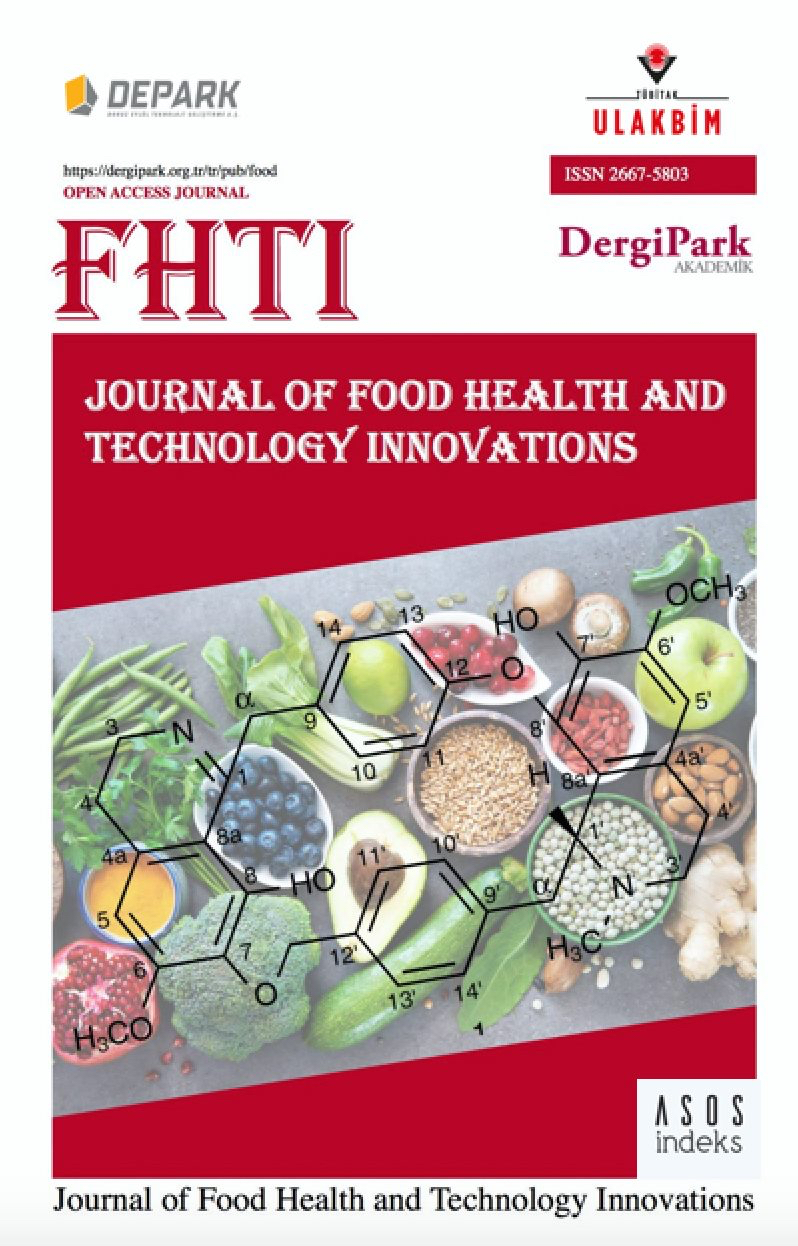
Food Health and Technology Innovations
Yazarlar: ["Ferişte ÖZTÜRK GÜNGÖR", "Ayşen YILDIRIM", "Şahnur IRMAK"]
Konular:-
Anahtar Kelimeler:Table olive,Health,Nutritional value,Active compounds
Özet: Table olives are the main fermented foods in Mediterranean countries and constitute an important part of the Mediterranean diet and also the diet of many non-olive-producing countries. Due to consumers’ increasingly demand to incorporate foods into their diets that can help boost or maintain health, as well as help prevent some diseases, interest in table are increased resently. Table olive is a healthy food with high nutritional value consist primarily of water, fat and carbohydrates. Olives are an excellent source of oleic acid, also known as omega 9 or monounsaturated fatty acids (MUFA). And they are a good source of fiber, amino acids, the potent antioxidant vitamin E, iron, copper and other minerals. Moreover, olives are a rich dietary source of phenolic compounds that are linked to powerful antiinflammatory, antibiotic, antimicrobial, antiviral and antinociceptive effects. The disease-preventing effect of table olives is mainly attributed to its unique fatty acid profile and to the presence of some minor components such as tocopherols, carotenoids, phospholipids, triterpenic acids and biophenols. As part of a well-balanced, nutritious diet olives and olive products also provide added protection against many chronic diseases. Olive benefits have been demonstrated for the cardiovascular system, respiratory system, nervous system, musculoskeletal system, immune system, inflammatory system, and digestive system. In this review, it was focused on the active compounds present in table olives and also the contribution of these compounds to the human health was examined in detail.